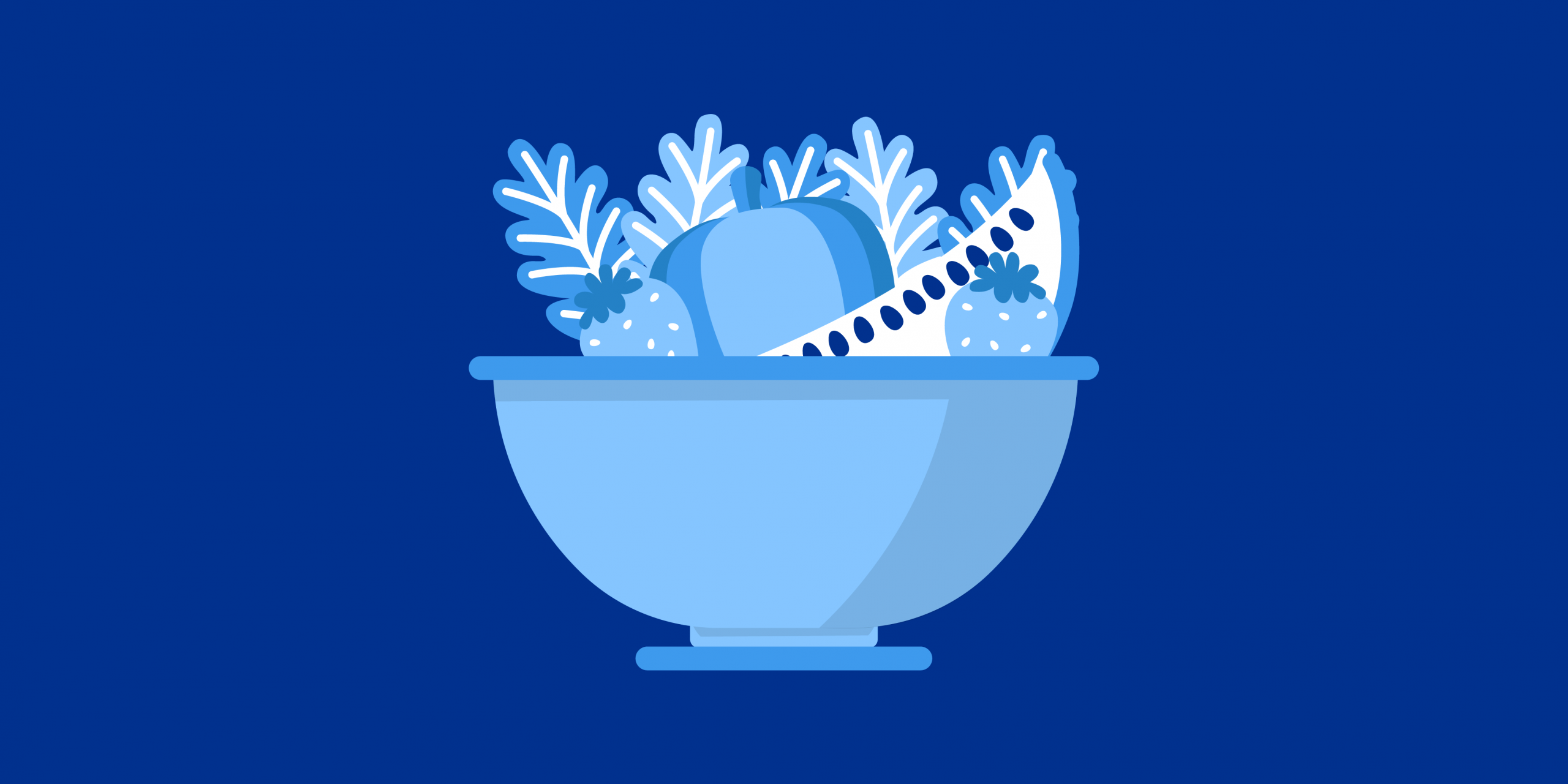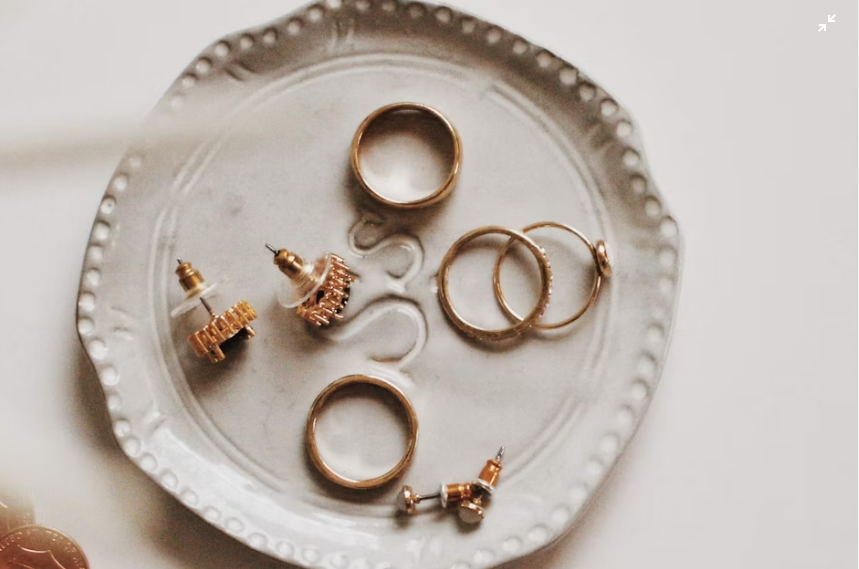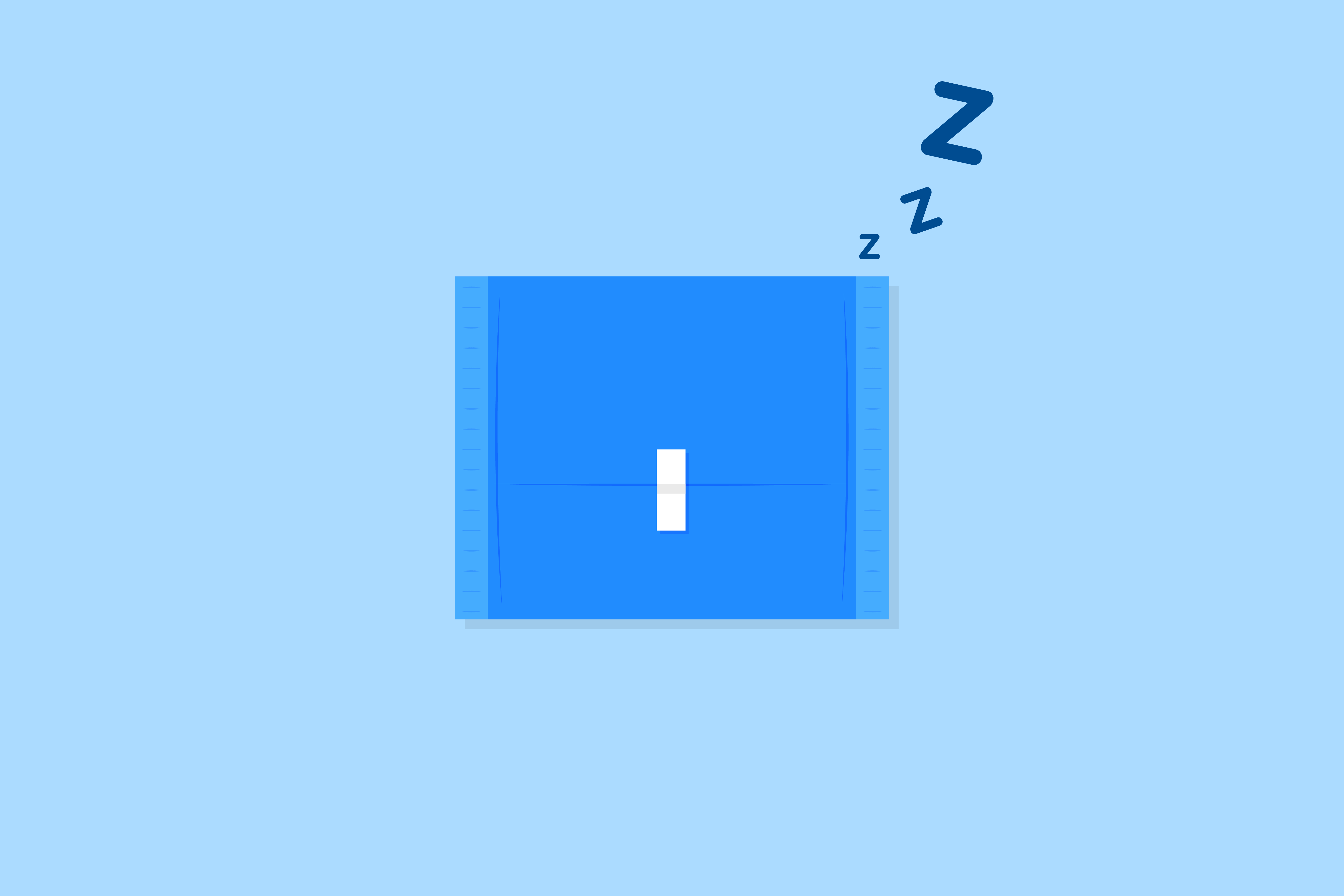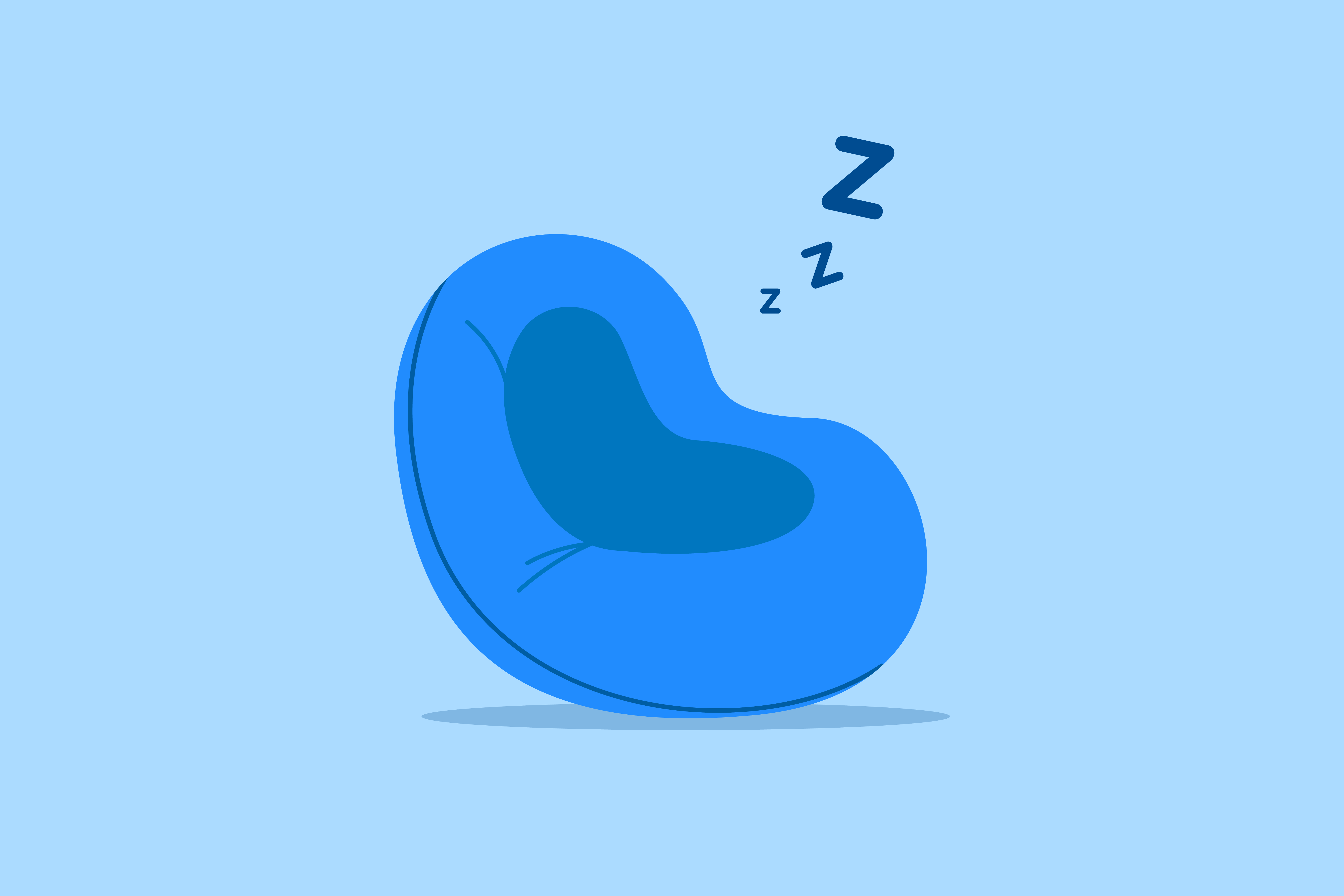Key Takeaways
- Excessive Salt Disrupts Sleep Quality: Consuming too much salt can lead to disrupted sleep, including delayed time to fall asleep, frequent awakenings, and decreased deep sleep. This is due to increased blood pressure, water retention, and obstructed air circulation during sleep caused by excessive sodium intake.
- Link Between Sodium and Sleep Disorders: Excessive sodium intake is associated with sleep disorders like sleep apnea, causing interrupted breathing during sleep and increasing feelings of anxiety and fatigue. High sodium levels can also decrease slow-wave and deep sleep, affecting sleep quality.
- Strategies for Managing Salt Intake: To improve sleep quality, it’s essential to be mindful of salt consumption. This can be achieved by avoiding processed foods, opting for fresh ingredients, checking food labels, using alternative flavorings, and avoiding high-sodium foods before bedtime. Balancing salt intake can significantly impact both sleep quality and overall well-being.
Are you struggling to get a good night’s sleep? It could be because of your salt intake. Too much salt can be one of the causes of interrupted sleep, causing frequent awakenings and even snoring or sleep apnea. Not only that, but it can also lead to water retention.
Research shows Verified Source Cleveland Clinic Ranked #2 hospital by U.S. News & World Report and one of the largest academic medical centers in America. The Cleveland Clinic serves patients from all over the world. View source that excessive sodium delays the time it takes for you to fall asleep and decreases deep sleep. To improve your sleep quality, it’s important to be mindful of your salt intake and change your diet.
The Negative Effects of Excessive Salt Intake on Sleep
Excessive salt disrupts your sleep by delaying the time you go to bed and causing multiple awakenings at night. Consuming too much salt can increase your blood pressure, leading to hypertension and various other health problems and issues. Processed foods often contain high sodium levels, so it’s important to be mindful of how nutrition affects your sleep cycle.
One common sleep disorder associated with excessive salt is incident sleep apnea. This condition causes pauses in breathing during sleep, leading to disturbed sleep patterns and daytime fatigue. Additionally, consuming too much salt can cause fluid retention in your body, obstructing air circulation during sleep and contributing to sleep-disordered breathing.
Research has shown Verified Source National Library of Medicine (NIH) World’s largest medical library, making biomedical data and information more accessible. View source that a high-salt diet not only delays the time it takes to fall asleep but also increases the number of times you wake up throughout the night. These disruptions prevent you from achieving deep slow wave sleep and restorative sleep.
To improve your sleep quality, it’s essential to manage your salt intake. Avoiding processed foods and fresh ingredients can help reduce sodium consumption. By making conscious choices about what you eat, especially before bedtime, the benefits of a good diet can minimize disturbances caused by excessive salt.
The Link Between Sodium and Sleep Apnea
Consuming too much salt can contribute to developing obstructive sleep apnea and worsen its symptoms. Regarding obstructive sleep apnea, excessive sodium intake can disrupt your sleep in various ways. Increased dietary sodium can also lead to an increase in incident sleep apnea, or “apneic events” causing people to experience interrupted breathing during night sleep.
By making mindful choices about the foods you consume and opting for fresh ingredients with low sodium content, you can take control of your own health and well-being and enjoy better nights of restful slumber. Remember, small changes in diet can make a big difference in improving both your physical health for better sleep, reduce sleep apnea symptoms, and increase overall quality of life.
“While sodium is an essential nutrient for our bodies, research has unveiled an intriguing link between excessive sodium intake and sleep apnea,” says Brittany Ford, RHN. “High dietary sodium may contribute to the severity of sleep apnea symptoms.”
“This connection may be due to sodium’s potential to affect fluid balance and inflammation in the airways, exacerbating the breathing difficulties associated with sleep apnea. As we continue to investigate this connection, it’s becoming increasingly important to consider sodium intake as a potential factor in managing sleep apnea and its related health risks.”
How Too Much Salt Affects Sleep Quality
Excessive sodium can cause water retention, leading to obstructed air circulation during sleep. This can result in snoring, obstructive sleep apnea, and poor sleep quality.
Reducing your salt levels benefits your sleep and has numerous other health advantages. It can help control your weight, which affects sleep apnea by reducing water retention and bloating caused by excess sodium. Adopting a low-salt eating habit lowers the risk of heart disease and heart failure associated with high sodium.
Additionally, maintaining an overall healthy lifestyle that includes a balanced fitness routine further enhances the positive effects of a low-salt diet on both sleep and overall health. It is important to be mindful of your sodium intake by checking food labels before purchasing products, adding salt and opting for lower salt content alternatives.
Remember that taking control of your sodium levels will significantly impact your overall well-being. Verified Source World Health Organization (WHO) United Nations agency whose stated goal is to improve the health of all. View source Prioritize eating a balanced diet with moderate salt consumption to improve your sleep quality and overall health in the long run.
Sodium’s Role in Disrupting Your Sleep Patterns
The amount of sodium in your diet can significantly impact your sleep. Consuming high sodium levels can lead to increased nighttime awakenings and decreased overall sleep duration. This is because sodium interferes with the body’s ability to regulate fluid balance, Verified Source National Library of Medicine (NIH) World’s largest medical library, making biomedical data and information more accessible. View source causing water retention and potentially leading to increased bathroom trips during the night.
Additionally, high sodium can also contribute to conditions such as sleep apnea Verified Source National Library of Medicine (NIH) World’s largest medical library, making biomedical data and information more accessible. View source and restless leg syndrome, both of which can further disrupt your sleep.
To improve your sleep quality, being aware of salt’s impact on sleep disorders is important.
Here are a few things you should know:
- Excessive salt can disrupt sleep, causing frequent awakenings and decreased deep sleep.
- Consuming high amounts of sodium increases the risk of high blood pressure, which can interfere with sleep.
- Excess sodium can lead to water retention, obstructing air circulation during sleep and increased snoring.
- Research suggests that reducing salt in your diet can improve your sleep quality and lower the risk of heart disease.
Being mindful of salt consumption is crucial for better sleep and overall health.
Here are some strategies to help you reduce salt intake:
- Check food labels before purchasing products and choose those with low sodium content.
- Use alternative flavorings like fresh herbs, lemon juice, vinegar, or peppers instead of relying on salt for taste.
- Opt for homemade dishes with natural ingredients to avoid hidden sources of salt added to salt.
- Avoid consuming high-salt foods like pizza within three hours before bedtime.
“High dietary sodium may contribute to the severity of sleep apnea symptoms. This connection may be due to sodium’s potential to affect fluid balance and inflammation in the airways, exacerbating the breathing difficulties associated with sleep apnea.”
Brittany Ford, RHN
The Link Between Salt and Restless Leg Syndrome
Consuming excessive amounts of salt can exacerbate the symptoms of Restless Leg Syndrome through fluid retention, causing discomfort and difficulty in falling asleep. Restless Leg Syndrome (RLS) Verified Source Mayo Clinic Ranked #1 hospital by U.S. News & World Report and one of the most trusted medical institutions in the world. The staff is committed to integrated patient care, education, and research. View source is a condition characterized by an irresistible urge to move the legs, often accompanied by unpleasant sensations like crawling or tingling.
Recent studies have found a potential link between fluid retention and the severity of RLS symptoms Verified Source National Library of Medicine (NIH) World’s largest medical library, making biomedical data and information more accessible. View source . Excess salt consumption can lead to fluid retention and increased blood pressure, which may worsen the discomfort and urge to move experienced by individuals with RLS.
Furthermore, the disruption in sleep caused by RLS can have a negative impact on overall sleep quality. Therefore, it’s important to be mindful of your salt intake and consider reducing it if you suffer from Restless Leg Syndrome.
“Research in the realm of Restless Leg Syndrome (RLS) has unveiled a tantalizing yet complex relationship with sodium intake,” says Ford. “While we’re still unraveling the intricacies of this connection, there’s a growing body of evidence suggesting that excessive salt consumption may contribute to the onset or exacerbation of RLS symptoms.”
“The mechanisms at play here are far from crystal clear, but this emerging insight underscores the need to scrutinize our dietary salt habits in the context of managing RLS. In essence, sodium intake may soon find its place in the toolkit for mitigating the discomfort of restless legs.”
Sodium’s Impact on Sleep Duration and Deep Sleep
Reducing excessive salt can improve the duration and quality of your sleep. Salt, specifically sodium, significantly impacts your sleep patterns, particularly in terms of sleep duration and deep sleep. Consuming too much salt can affect the rostral fluid shift Verified Source ScienceDirect One of the largest hubs for research studies and has published over 12 million different trusted resources. View source in your body, leading to water retention and obstructed air circulation during sleep.
One common source of high salt is canned soups. These convenience foods often contain high levels of sodium, which can negatively affect your sleep. You can promote better sleep by being mindful of your diet and reducing your intake of these salty foods.
Consuming an excessive amount of salt not only affects your sleep but also increases the risk of other health issues, such as high blood pressure. Verified Source National Library of Medicine (NIH) World’s largest medical library, making biomedical data and information more accessible. View source This can further disrupt your sleep patterns and lead to frequent awakenings during the night.
To improve both the duration and quality of your sleep, it’s important to be aware of the amount of salt you consume and adjust accordingly. Checking labels before purchasing products can help you avoid those with high sodium content. Additionally, incorporating alternative flavorings like fresh herbs or lemon juice into your meals can enhance taste without relying on excessive salt.
Managing Sodium Intake for Better Sleep
You can improve your sleep habits by reducing sodium in your diet. High sodium use has been linked to increased nighttime bathroom visits, which disrupts your sleep cycle.
Additionally, sodium can lead to fluid retention, causing discomfort and difficulty falling asleep. By cutting back on salty foods and processed snacks, you can reduce your sodium intake and potentially enhance your sleep.
Instead, opt for fresh, whole foods like fruits, vegetables, and lean proteins. These healthier options contain less sodium and provide essential nutrients that promote relaxation and better sleep.
Here are some strategies to help you manage your sodium use for better sleep:
- Limit processed and packaged foods high in sodium: These foods often contain hidden amounts of salt that can negatively affect sleep.
- Choose fresh and unprocessed options: Opt for whole foods like fruits, vegetables, and lean proteins with naturally low sodium content.
- Drink plenty of water: Staying hydrated can help flush out excess sodium and promote better sleep.
- Be aware of hidden sources of salt: Many condiments, sauces, and dressings contain high levels of sodium. Read labels carefully and opt for low-sodium diets and no-sodium alternatives.
By implementing these strategies into your diet, you can reduce the negative effects of excessive salt on your sleep. High sodium consumption has been linked to increased wakefulness during the night and a decreased ability to fall asleep. It can also contribute to hypertension, Verified Source Cleveland Clinic Ranked #2 hospital by U.S. News & World Report and one of the largest academic medical centers in America. The Cleveland Clinic serves patients from all over the world. View source which interferes with quality sleep.
It’s important to prioritize your health by managing your salt use and making conscious choices about what you eat. By taking control of your diet and paying attention to the amount of salt you consume, you can significantly improve both the quantity and quality of your sleep. So start making those adjustments today for a healthier, more restful night’s rest.
Frequently Asked Questions
Can high sodium cause a lack of sleep?
Eating too much of anything is prone to disrupt your sleep, which is why it’s important to have a balanced diet. A dinnertime meal heavy in salt in particular can cause sleep difficulties, partly because it raises blood pressure and causes fluid retention. Eating salt after dinner delays bedtime, increases nighttime awakenings, and disrupts sleep for two to three hours.
Why does sodium make you sleepy?
When you eat too much salt, water is retained in areas of your body where it shouldn’t be. Such as in your bloodstream and lung tissues, which makes you feel heavy, exhausted, and weak. Your salt use should ideally be limited to no more than 5 grams per day for an average adult, according to the WHO. Verified Source World Health Organization (WHO) United Nations agency whose stated goal is to improve the health of all. View source
Should you avoid salt before bed?
A body that consumes too much salt becomes dehydrated and retains water more, making one feel exhausted. According to a European Society of Endocrinology study, salty foods like crisps and salted almonds are among the worst things most people to eat before bed since they can cause interrupted or shallow sleep. Try to balance sodium with adequate hydration later in the evening.
What are the side effects of salt and sodium?
Consuming too much sodium can cause high blood pressure, heart disease, and stroke. Additionally, it may result in calcium losses, some of which may come from bone.
Approximately 3400 mg of sodium, or at least 1.5 teaspoons of salt, Verified Source Harvard Health Blog run by Harvard Medical School offering in-depth guides to better health and articles on medical breakthroughs. View source is consumed daily by most Americans, significantly more than our bodies require.
Conclusion
If you want to improve your sleep quality and overall health, it’s important to be mindful of salt use. Excessive salt can disrupt sleep by causing frequent awakenings and increasing the risk of snoring and sleep apnea. It can also lead to water retention, obstructing air circulation during sleep.
Be mindful of how much salt you consume because excessive salt use can significantly impact your sleep quality. Research has shown Verified Source National Library of Medicine (NIH) World’s largest medical library, making biomedical data and information more accessible. View source that a diet high in salt can lead to delayed time to go to sleep, problems going to bed, and increased incidents of waking up at night. These disruptions can result in fragmented sleep, making you drowsy and tired during the day.
When an abundance of salt is added to your diet, it can cause significant changes in your sleep patterns. Too much salt can disrupt your body’s natural circadian rhythms, which regulate sleep-wake cycles. This disruption often leads to difficulty falling asleep and staying asleep throughout the night.
Additionally, consuming high amounts of sodium can cause water retention in your body. This excess fluid buildup can lead to bloating and swelling, making drifting off into a deep slumber uncomfortable.
To improve your chances of getting restful sleep, it’s essential to be mindful of adding salt to your meals and opting for low-sodium alternatives whenever possible. Reducing your overall salt intake will create an environment conducive to better sleep quality.
Lowering sodium use can reduce the risk of heart disease Verified Source National Library of Medicine (NIH) World’s largest medical library, making biomedical data and information more accessible. View source and improve sleep duration and deep sleep. So, check labels, use alternative flavorings, and avoid high-sodium foods before bedtime for a restful night’s sleep.
About the author
Eric Ridenour is a health and wellness writer with a strong focus on sleep and nutrition. With a background in health science and psychology, Eric has a deep understanding of the connection between sleep and overall well-being. His expertise has been sought by various businesses and individuals, and his work has been featured in reputable publications such as Thrive Global, Drug Report, and Authority Magazine. Eric's commitment to promoting better sleep and comprehensive wellness is evident in his writing and consultations. He is a published author working on his second book.
View all posts





